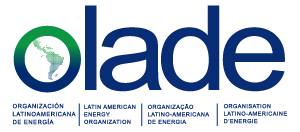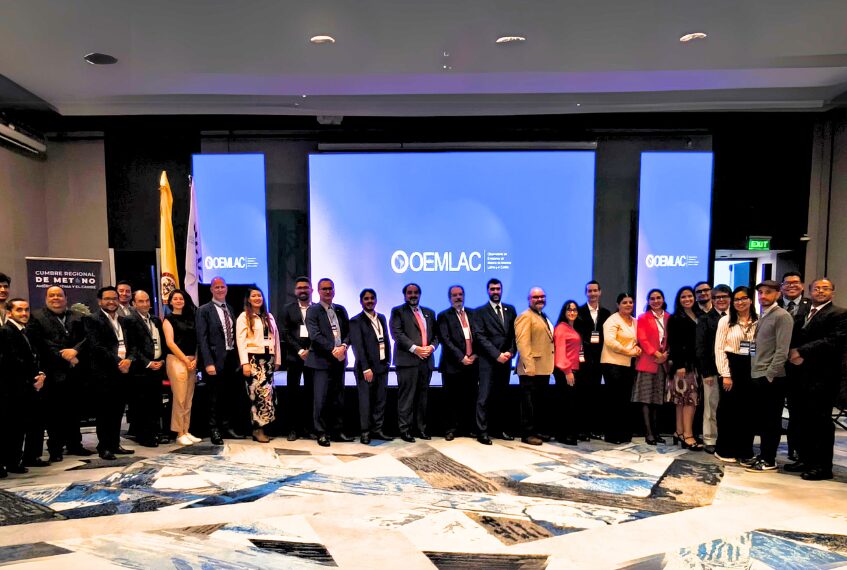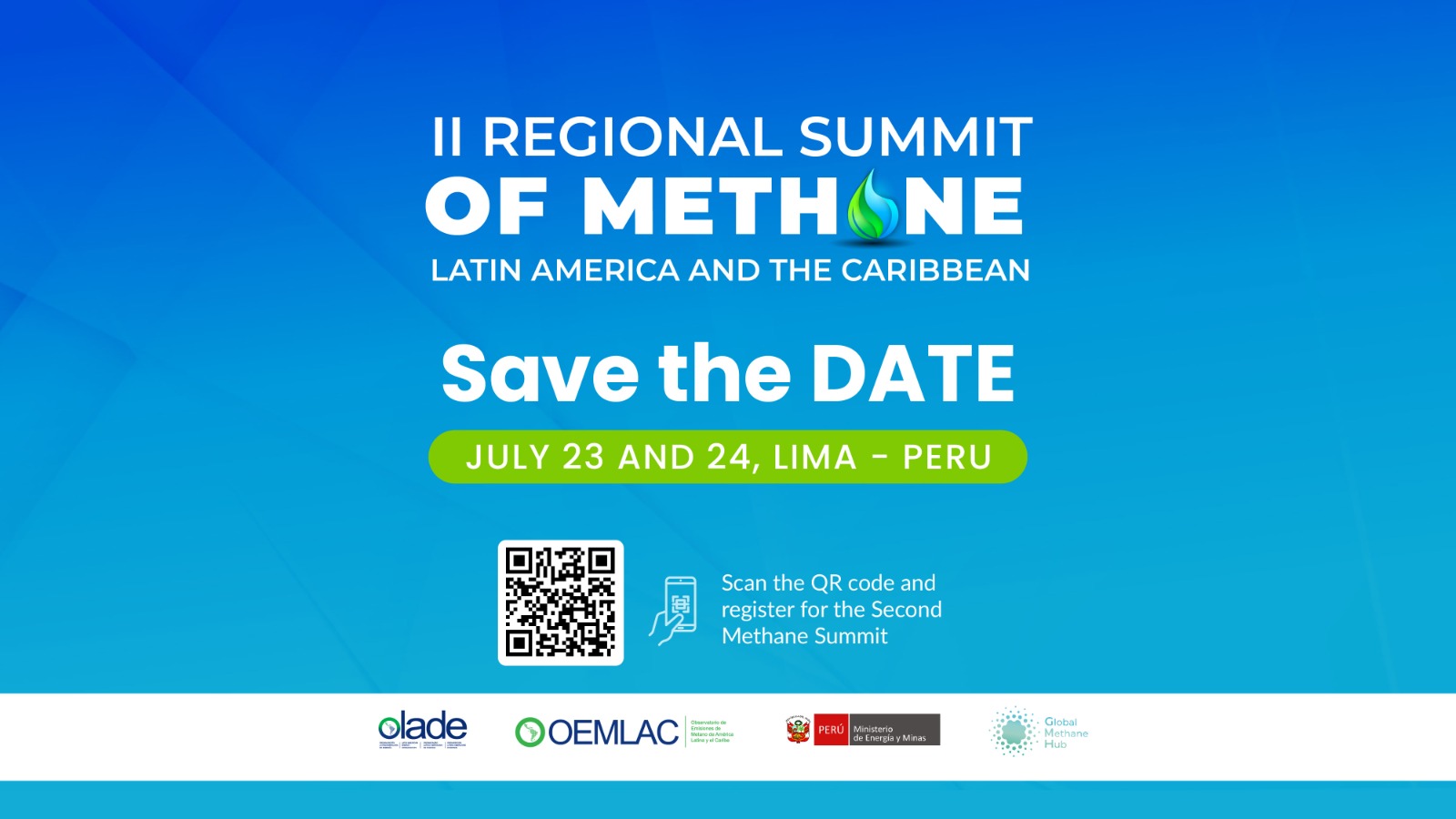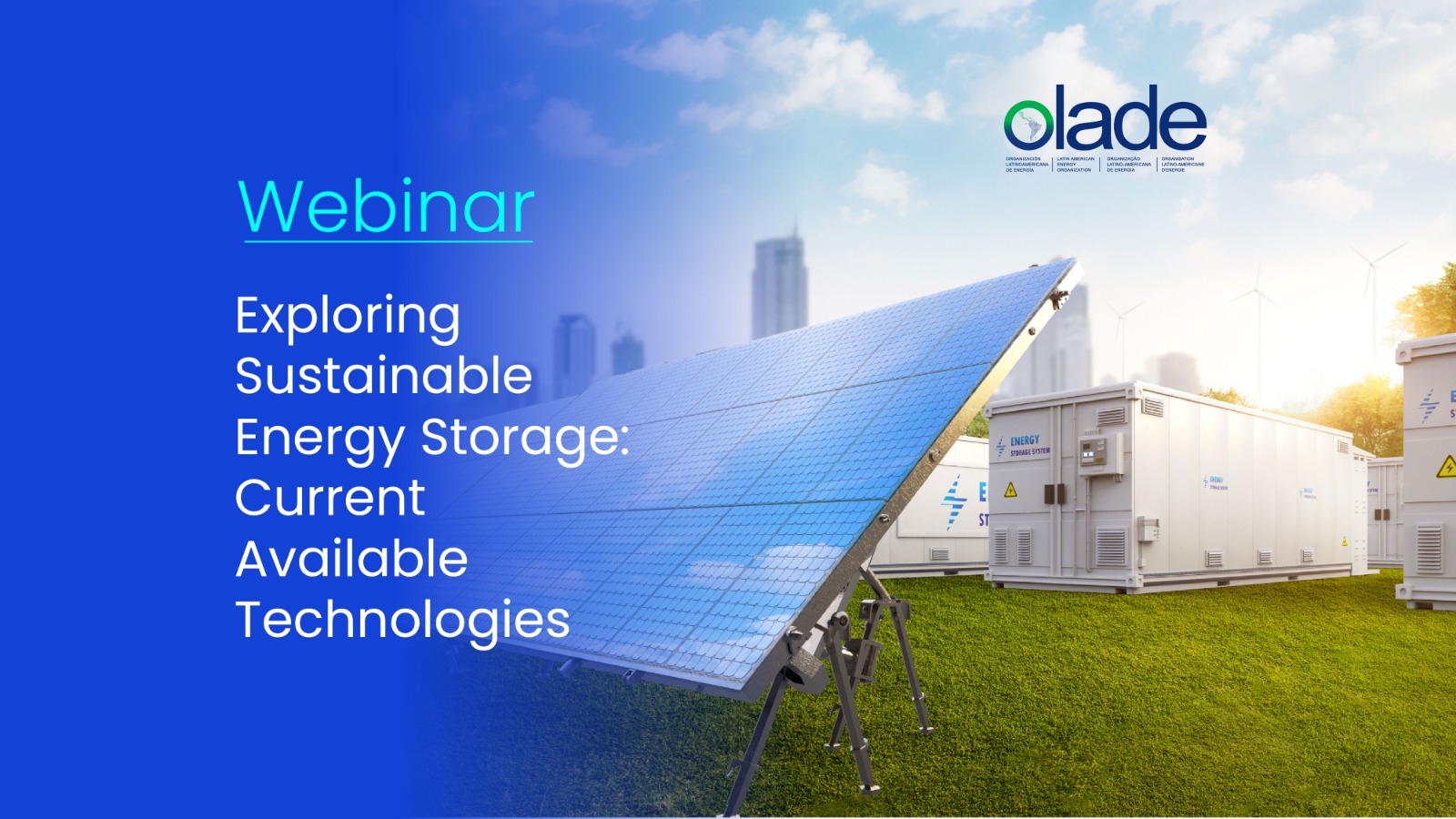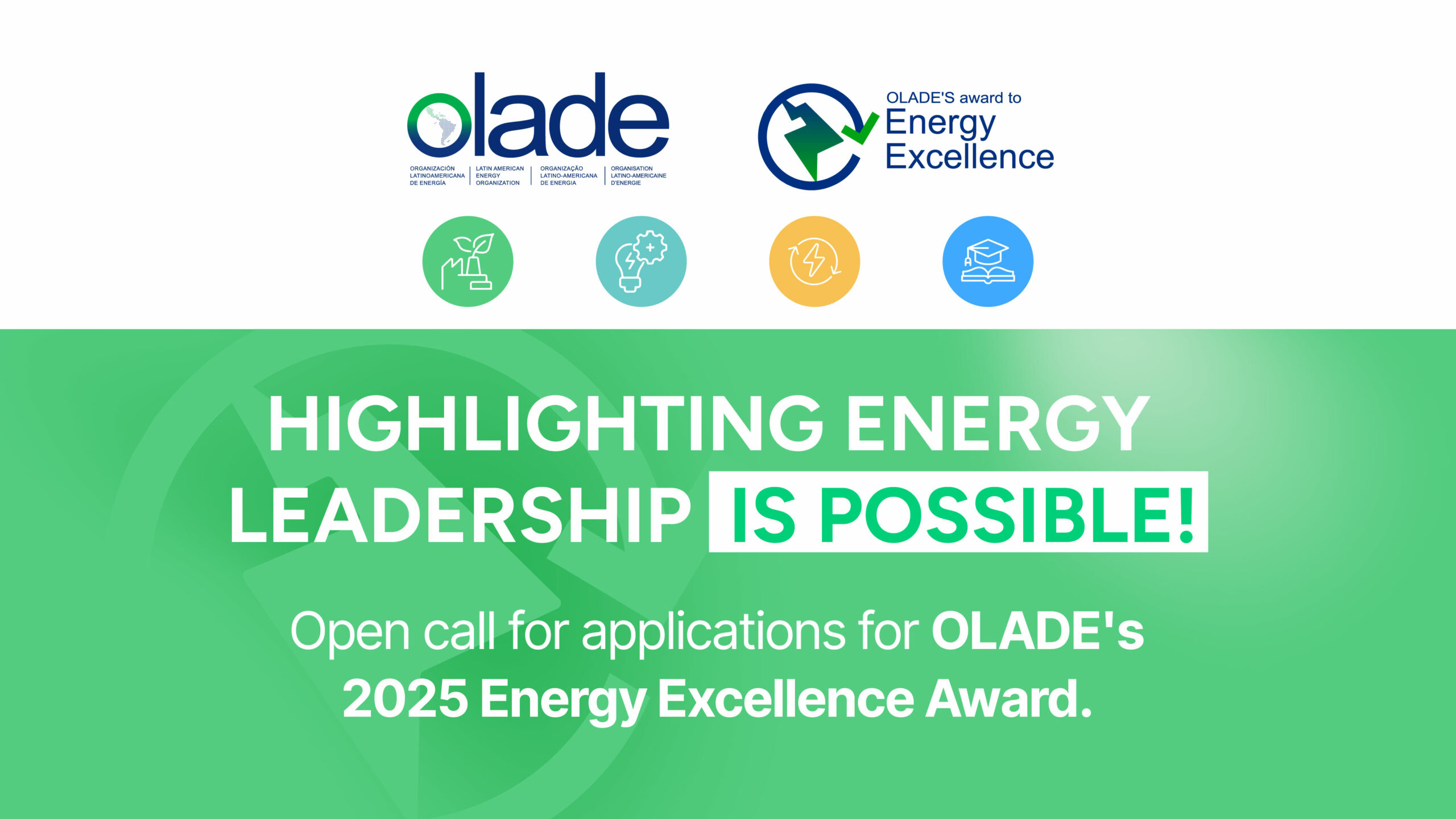Energy and environmental leaders gather to discuss and develop new initiatives to reduce methane emissions and accelerate decarbonization in Latin America and the Caribbean.
The Latin American Energy Organization (OLADE), the Development Bank of Latin America and the Caribbean (CAF), the Global Methane Hub, and the Ministry of Mines and Energy of Colombia organized the First Regional Methane Summit. The event, held in Bogotá, focused on methane management and the role of the Latin America and the Caribbean Methane Emissions Observatory (OEMLAC) in reducing these emissions in the region.
The summit brought together senior officials from the energy sector, international organizations, NGOs, and oil and gas companies, who emphasized that methane (CH₄) has a global warming potential 80 times greater than carbon dioxide (CO₂). Reducing methane emissions is crucial for mitigating climate change, especially in Latin America and the Caribbean, where the energy sector is the main source of these emissions.
Sergio Díaz Granados, executive president of CAF, pointed out that development banks have historically focused more of their investments on reducing CO₂ than methane. However, he stressed the urgency for policymakers and financial entities to collaborate in addressing the impact of methane, a gas that has “a global warming potential 80 times greater than CO₂ as a greenhouse gas.”
Marcelo Mena, CEO of Global Methane Hub, highlighted the need to redirect investments from fossil fuels to clean energy and sustainable jobs. “Forty percent of global methane comes from the energy sector; the rest comes from food and waste. Mitigating methane can quickly reduce temperatures, in line with the Paris Agreement,” he stated.
For his part, Andrés Camacho, Colombia’s Minister of Mines and Energy, emphasized the Methane Emissions Observatory, noting that its mission is “to standardize methodologies, ensure an inventory system, collect data for public policy, and develop regional capacities.”
Andrés Rebolledo, Executive Secretary of OLADE, stressed that the Observatory fulfills the mandate of the region’s Ministers of Energy and aims to support countries in meeting their methane reduction commitments, promoting decarbonization, and a low-emission natural gas industry.
Manfredi Caltagirone, Head of the International Methane Emissions Observatory at UNEP, mentioned that reducing methane emissions is the fastest way to curb climate change, and we know that reliable data is needed to achieve rapid and large-scale progress. OEMLAC will play a powerful role in connecting regional decision-makers with the data needed to curb emissions, complementing the United Nations Environment Programme’s global efforts to provide public, reliable, and actionable data on methane worldwide. We applaud OLADE’s leadership in increasing ambition on methane action throughout the Latin American and Caribbean region.
During the Summit, discussions covered OEMLAC’s progress, the importance of robust inventories for emission reduction, financing opportunities, and strategies for decarbonization in the oil and gas sector.
As part of this event, the “Data for Action Workshop” was also held, where experiences and initiatives from OLADE member countries were shared, along with the efforts developed by each country to reduce methane within their energy matrix.
At this First Regional Methane Summit, the need to strengthen technical capacity and improve data quality in emissions inventories, especially in the oil and gas sector, for more effective and transparent management in the region was emphasized, as well as the importance of financing for emissions reduction, in line with global climate goals.
Department of Communication and Institutional Relations – María Josefa Corral
